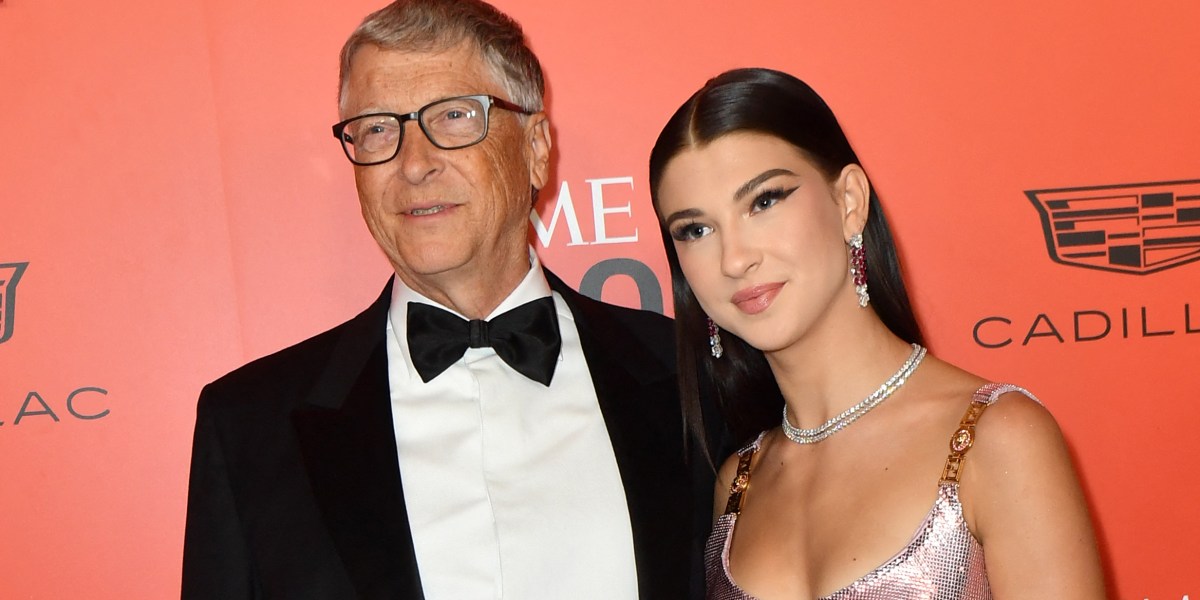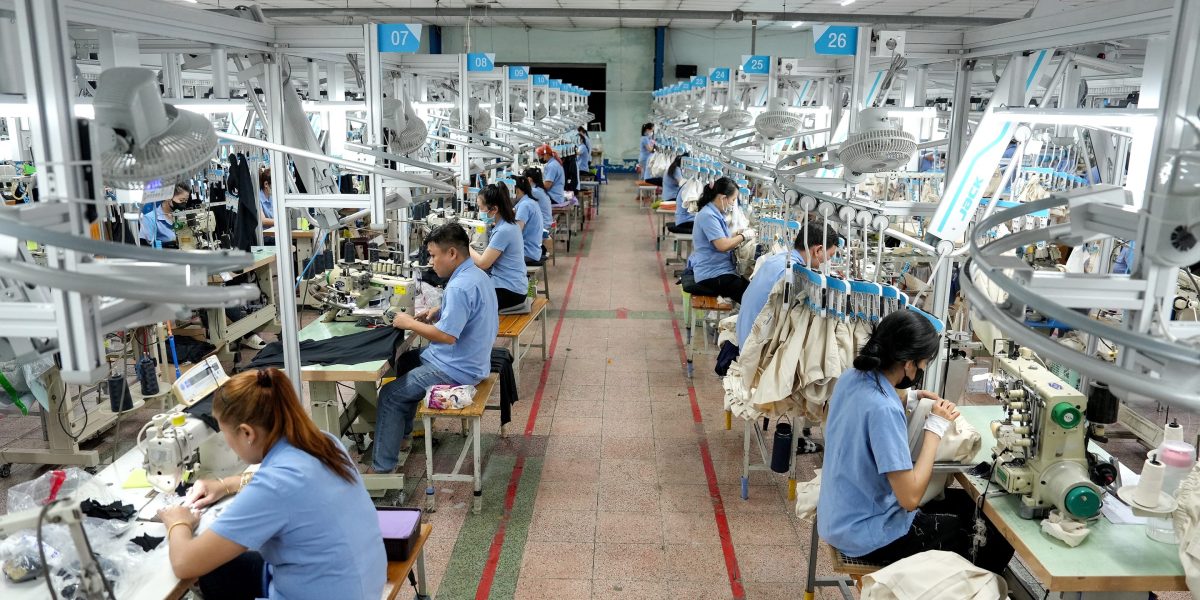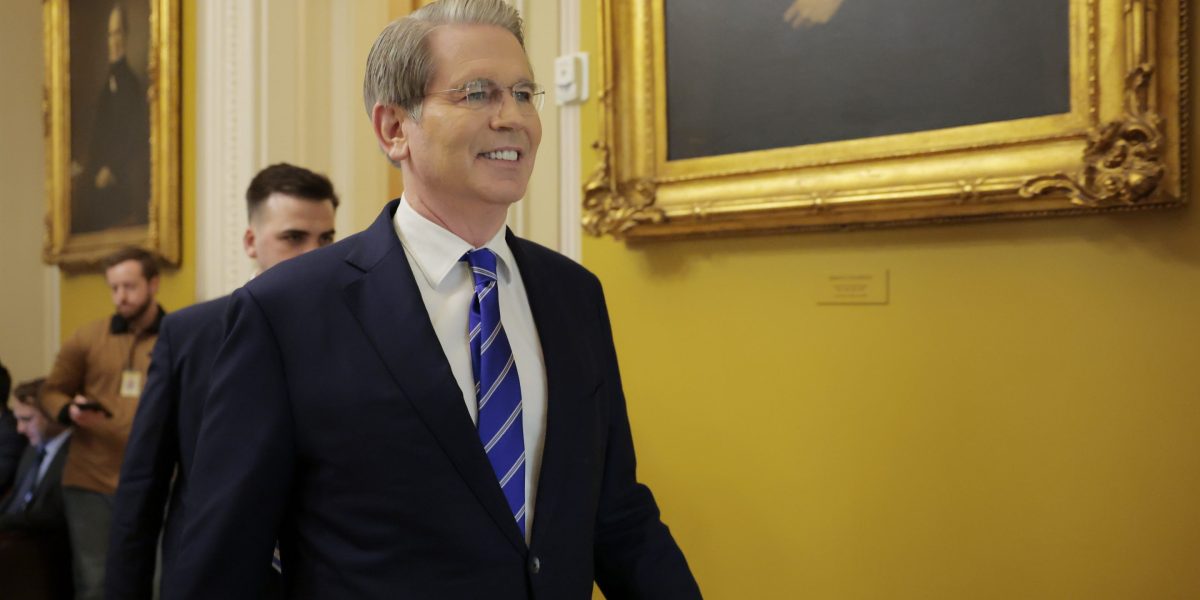- Microsoft co-founder Bill Gates plans to leave his children less than 1% of his wealth, believing it’s better for them to find their own success rather than inherit vast fortunes. This trend is common among influential tech families, including Apple founder Steve Jobs and Jeff Bezos, who say they prioritize philanthropy over passing down generational wealth.
Like a handful of other billionaires, Bill Gates is open about the fact that his children won’t inherit the vast majority of his wealth. In fact, they’ll get less than 1% of it.
However, when you’re the man who founded Microsoft, even a fraction of your net worth still represents more than a billion dollars.
According to the Bloomberg Billionaire’s Index, Gates is worth $162 billion—1% of that net worth is $1.62 billion.
So while the three Gates children won’t be worth as much as their father, their assets are still likely to place them in the top 1%—defined by global real estate consultants Knight Frank as someone worth $5.8 million or more.
Speaking to the ‘Figuring Out With Raj Shamani’ podcast this week, Gates said the inheritance decisions of wealthy families comes down to their personal beliefs.
“Everybody gets to decide on that,” Gates began, adding: “In my case my kids got a great upbringing and education but less than 1% of the total wealth because I decided it wouldn’t be a favor to them.
“It’s to a dynasty, I’m not asking them to run Microsoft. I want to give them a chance to have their own earnings and success.”
Gates previously told the Daily Mail he would be gifting his children $10m each, saying it wouldn’t do them any favors to give them more. Whether his preferences have changed since then to reflect 1% of his wealth isn’t clear.
Speaking to Shamani this week, Gates added that he wanted his children to be “significant” in their own right and not “overshadowed by the incredible luck and good fortune [their father] had.”
He added: “You don’t want your kids to ever be confused about your support for them and your love for them. So I do think explaining early on your philosophy: That you’re going to treat them all equally and that you’re gonna give them incredible opportunities, but that the highest calling for these resources is to go back to the neediest through the foundation.”
Gates’s children have watched their parents work on causes such as polio, water sanitation, and vaccines against deadly diseases, to name a few—endeavors which their father hoped they would be “proud” of.
He added: “I’ve seen cases where kids actually tell their parents to be more philanthropic. I think the younger generation sometimes actually is pushing against this idea of the wealth just being passed down.”
Billionaire inheritances
Gates isn’t the only tech titan who hasn’t planned on passing his enormous wealth to his children.
Laurene Powell Jobs, wife of the late Apple founder Steve Jobs, said the billions she inherited from her husband won’t be passed on to the three children they shared.
Jobs, estimated to have been worth approximately $7 billion when he died in 2011, “wasn’t interested” in building legacy wealth, his wife told The New York Times in 2020.
“I inherited my wealth from my husband, who didn’t care about the accumulation of wealth,” she said. “I am doing this in honor of his work, and I’ve dedicated my life to doing the very best I can to distribute it effectively, in ways that lift up individuals and communities in a sustainable way.
“If I live long enough, it ends with me.”
Amazon founder Jeff Bezos has similarly said he will be donating the vast majority of his wealth to charity as opposed to leaving it to his four children.
Gates added that this approach is becoming the norm among tech titans: “I think people who’ve made fortunes from technology are less dynastic.
“So they’ll take their capital and give a lot of that away. You can have the view of giving away your capital or just giving away your earnings. I love all philanthropy but the tech sectors, they’re probably the most aggressive about giving most of it away.”
This story was originally featured on Fortune.com
Source link

 Entertainment8 years ago
Entertainment8 years ago
 Politics8 years ago
Politics8 years ago
 Entertainment8 years ago
Entertainment8 years ago
 Entertainment8 years ago
Entertainment8 years ago
 Tech8 years ago
Tech8 years ago
 Tech8 years ago
Tech8 years ago
 Tech8 years ago
Tech8 years ago
 Politics8 years ago
Politics8 years ago







